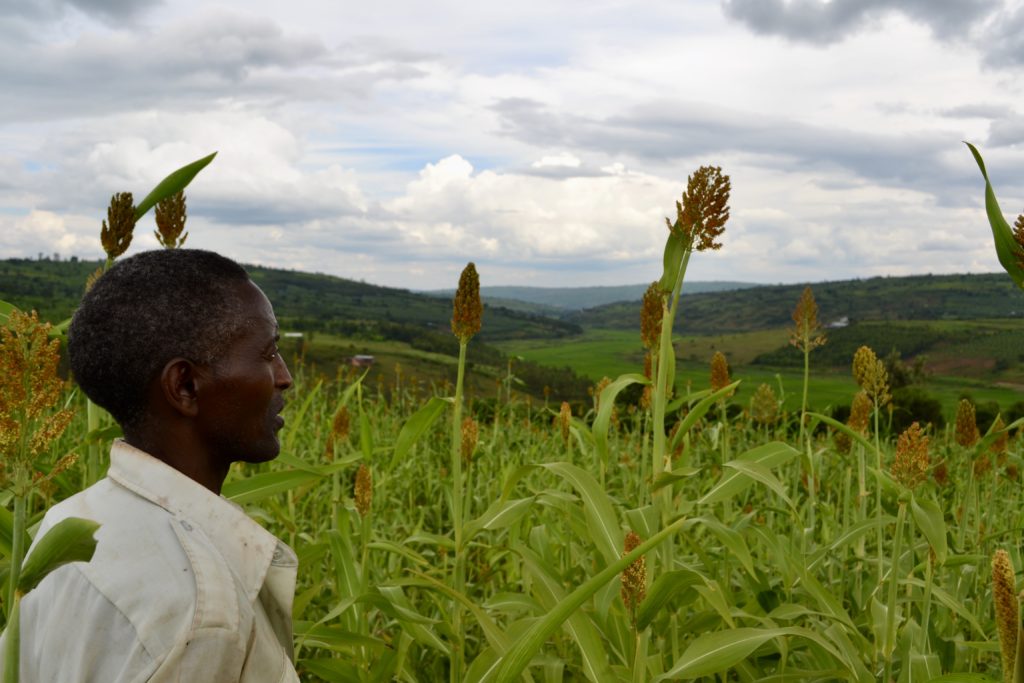There is a renewed interest in agricultural intensification and the transformation of the livelihoods of subsistence farmers in sub-Saharan Africa. The government of Rwanda, for example, is promoting intensification as a central strategy to increase incomes and improve food security for smallholder farmers.

The dominant approach to achieve this goal has been through the production of high-value commodity crops and modern livestock management. However, despite significant investment and efforts to transform the agricultural sector, many farmers do not have the resources required to realise intensification.
This policy brief, based on the research study conducted in two communities in Rwanda, examines how smallholder farmers managed to engage with agricultural intensification policies.
The study reveals that the current approach to promoting agricultural transformation overlooks the dynamic nature of smallholder farming practices and livelihood strategies and highlights the potential ramifications that the government’s intensification plan poses to the different types of farming households in Rwanda.
The key findings are:
- Focus on the wider production environment and enabling access to productive resources beyond high-yielding varieties and chemical inputs
- Invest in alternative non-commercial inputs and methods that are widely adopted and used by smallholder farmers
- Broaden the crop-livestock integration options to those better suited for smallholders
The policy brief concludes with several recommendations to help smallholder farmers smoothly transition from subsistence to commercial-based farming while taking into account their different capacity to make investment and bear risk.
To find out more about this project, see the policy briefing “Enhancing crop-livestock integration for more inclusive development in Rwanda”


Leave a Reply